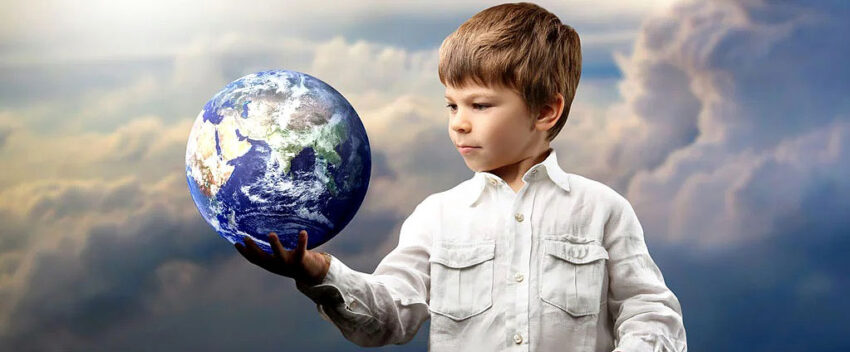
The Great World-Child
Another bitter day. The number at the bottom left of this screen informs that the outside air temperature is -12 degrees F. I am satisfied to have books, more to think about and to write about and a warm place to be safe. Everyone is not so fortunate.
I continue reading Nietzsche on the pre-Socratic Greek philosophers. His respect for Heraclitus of Ephesus is unbounded. Clearly Friedrich Nietzsche worked in the light of Heraclitus, exploring the currents of change in his own time, at the apogee of the age of the machine. Nietzsche had this to say about Heraclitus:
…the disregard of everything present and momentary
lies in the essence of the great philosophic nature.He has truth; the wheel of time may roll whither it pleases; never can it escape from truth. It is important to hear that such men have lived.
Of that feeling of solitude, however, which permeated the Ephesian recluse of the Artemis Temple, one can only divine something, when growing benumbed in the wildest mountain desert. No paramount feeling of compassionate agitation, no desire to help, heal and save emanates from him. He is a star without an atmosphere. His eye directed blazingly inwards, looks outward, for appearances sake only, extinct and icy.
…though he was seen paying attention to the play of noisy children, even then he was reflecting upon what never man thought of on such an occasion: the play of the great world-child, Zeus.
— Early Greek Philosophy and Other Essays, by Friedrich Nietzsche p. 92 & 93
*Note: The image is of Zeus at play.